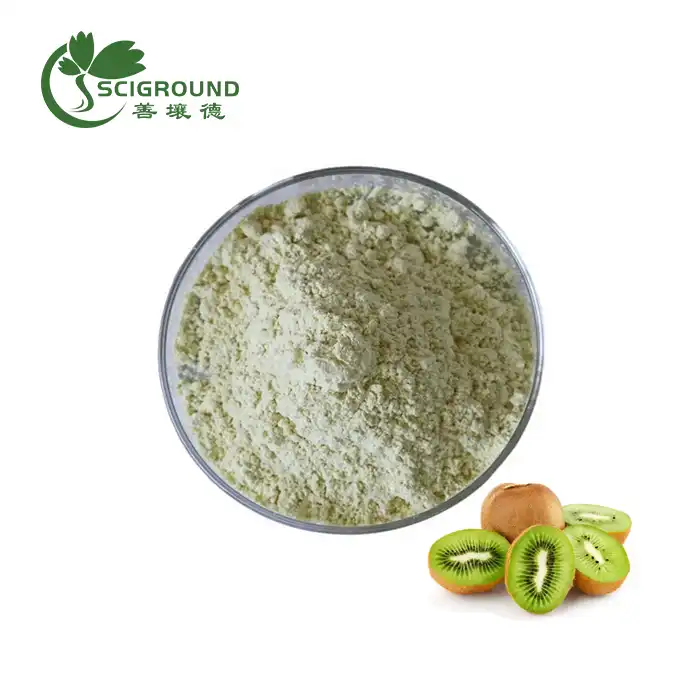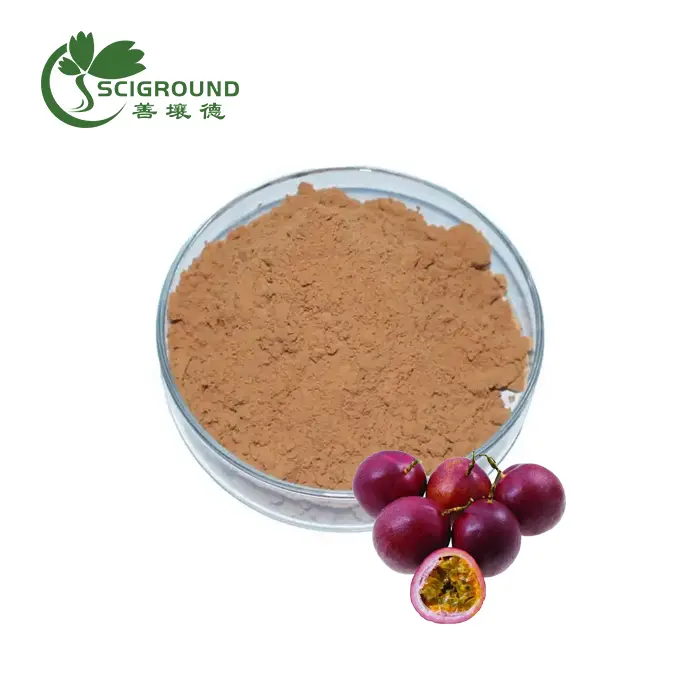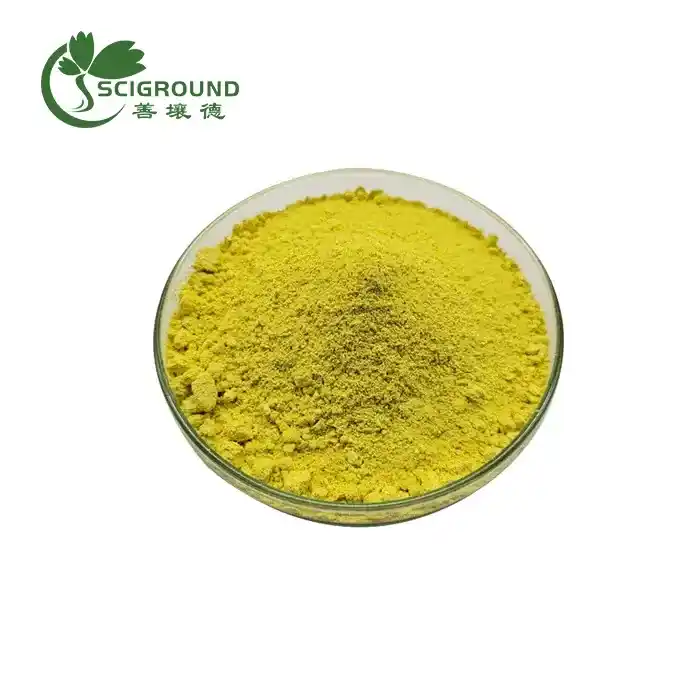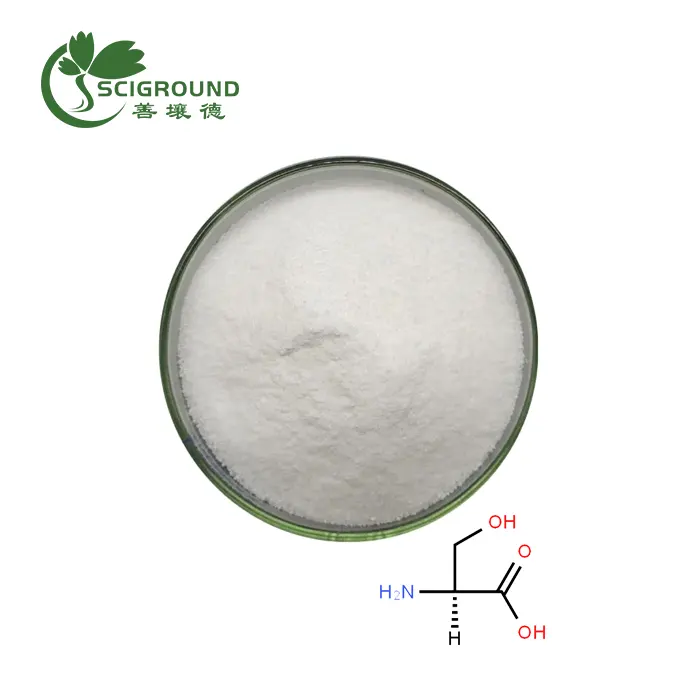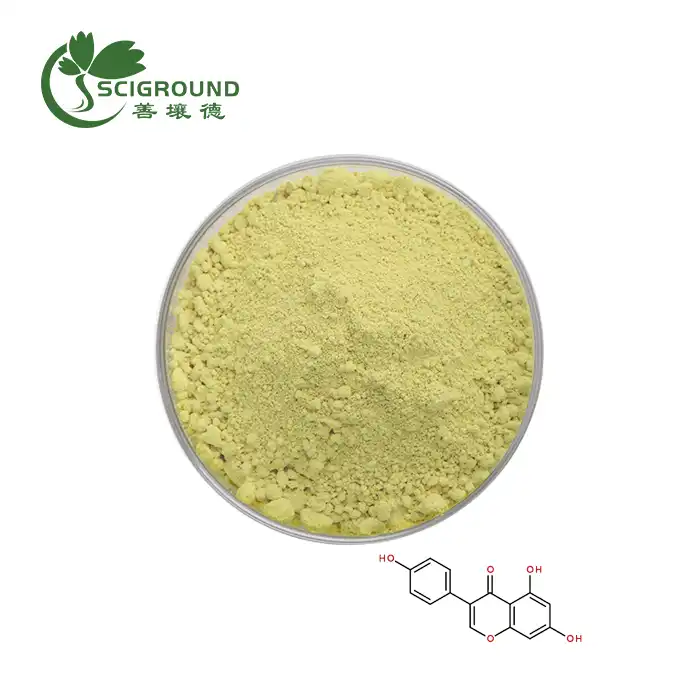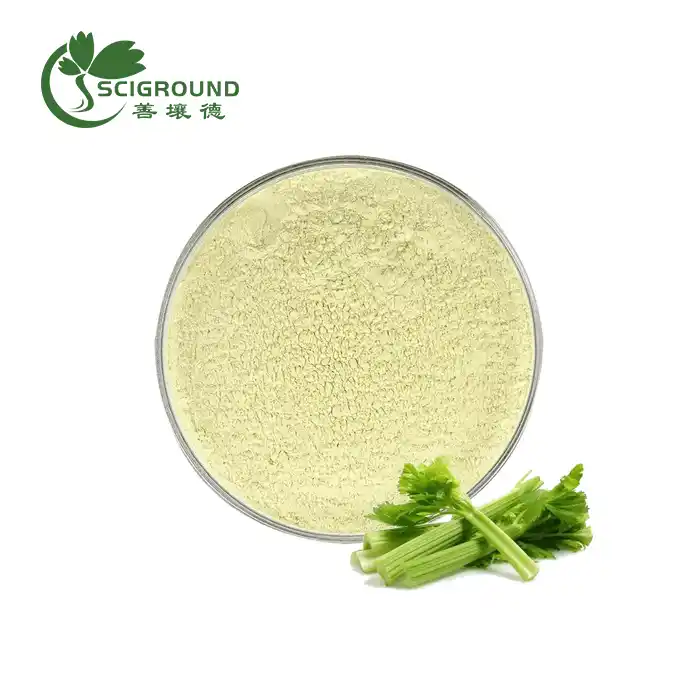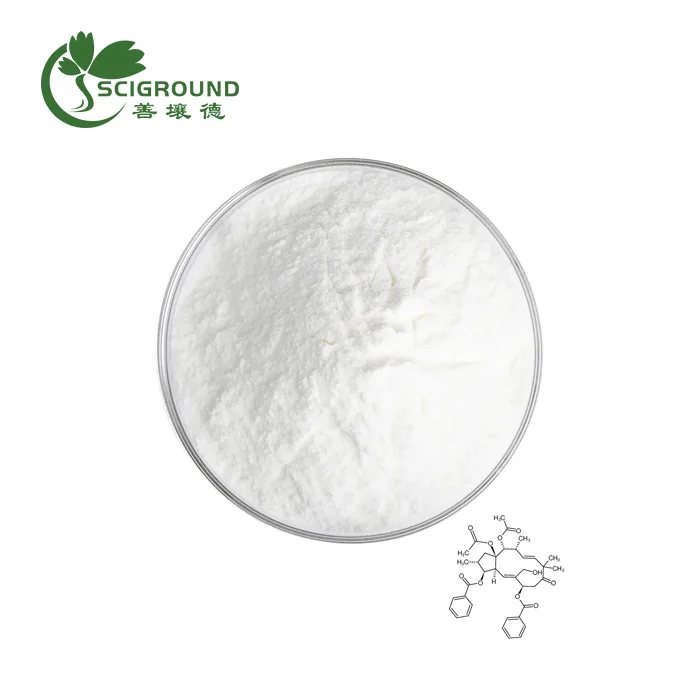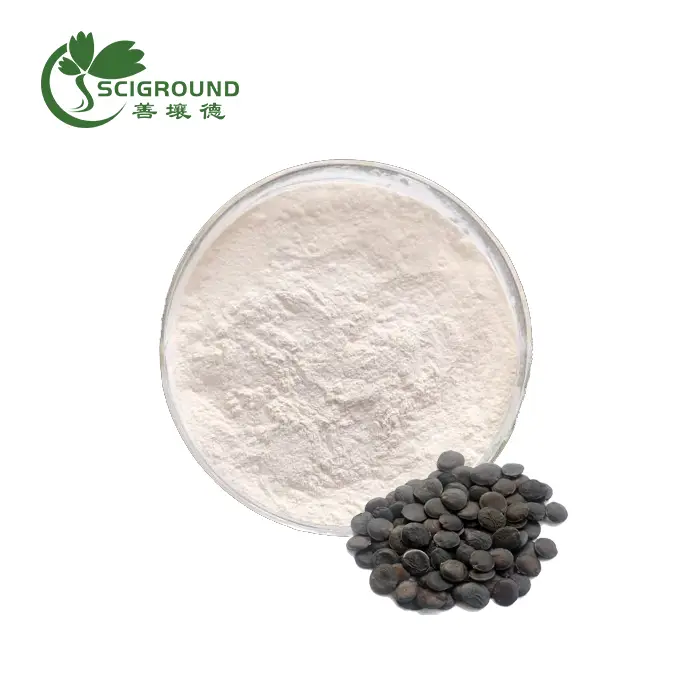Soybean Seed Extract: What You Need to Know
Soybean seed extract is a natural supplement derived from the seeds of the soybean plant (Glycine max). Soybean seeds are rich in protein, fiber, antioxidants, and phytoestrogens, which are plant compounds that can mimic the effects of estrogen in the body. Soybean seed extract is often used for its potential benefits on various aspects of health, such as cholesterol levels, blood pressure, menopause symptoms, bone health, and more. In this blog post, we will explore what soybean seed extract is, what are its uses, how to take it, what are the possible side effects and precautions, and whether it is safe for pregnant and breastfeeding women.
What is soybean seed extract?
Soybean seed extract is a concentrated form of the active ingredients found in soybean seeds. These include:
1. Isoflavones: These are the most studied phytoestrogens in soybeans. They can bind to estrogen receptors in the body and modulate their activity. Isoflavones may have beneficial effects on hormone-related conditions, such as menopause symptoms, breast cancer, prostate cancer, and osteoporosis. Isoflavones may also have antioxidant, anti-inflammatory, and anti-cancer properties.
2. Saponins: These are compounds that can lower cholesterol levels by binding to bile acids and preventing their reabsorption in the intestine. Saponins may also have anti-diabetic, anti-obesity, and anti-cancer effects.
3. Phytosterols: These are plant sterols that can reduce cholesterol absorption in the intestine and lower blood cholesterol levels. Phytosterols may also have anti-inflammatory and immune-modulating effects.
4. Lecithin: This is a type of fat that is essential for cell membrane function and nerve transmission. Lecithin may also improve cognitive function, liver health, and skin health.
What are the uses of soybean seed extract?
Soybean seed extract has been used for various purposes in traditional medicine and modern research. Some of the common uses include:
1. Lowering cholesterol levels: Several studies have shown that soybean seed extract can lower total cholesterol, LDL (bad) cholesterol, and triglycerides levels in people with high cholesterol or cardiovascular disease. Soybean seed extract may also increase HDL (good) cholesterol levels and improve the ratio of HDL to LDL cholesterol.
2. Lowering blood pressure: Some studies have suggested that soybean seed extract can lower blood pressure in people with hypertension or prehypertension. Soybean seed extract may also improve endothelial function, which is the ability of blood vessels to dilate and contract properly.
3. Relieving menopause symptoms: Many women experience hot flashes, night sweats, mood swings, insomnia, vaginal dryness, and other symptoms during menopause due to declining estrogen levels. Soybean seed extract may help alleviate these symptoms by providing a natural source of phytoestrogens that can balance hormone levels and reduce inflammation.
4. Preventing osteoporosis: Osteoporosis is a condition characterized by low bone density and increased risk of fractures. Estrogen plays a key role in maintaining bone health by stimulating bone formation and inhibiting bone resorption. Soybean seed extract may help prevent osteoporosis by providing phytoestrogens that can act as weak estrogens and support bone health.
5. Protecting against cancer: Soybean seed extract may have anti-cancer effects by modulating hormone levels, inhibiting tumor growth, inducing apoptosis (cell death), preventing angiogenesis (blood vessel formation), and enhancing immune system function. Soybean seed extract may be especially beneficial for hormone-sensitive cancers, such as breast cancer and prostate cancer.
How to take soybean seed extract and what is the recommended dosage?
Soybean seed extract is available in various forms, such as capsules, tablets, powders, or liquids. The dosage of soybean seed extract may vary depending on the product, the concentration of the active ingredients, and the purpose of use. However, a general guideline is to take 40 to 80 mg of isoflavones per day, which is equivalent to about 1 to 2 grams of soybean seed extract. You can take soybean seed extract with or without food, but it may be better to take it with food to improve absorption and reduce stomach upset. You can also divide the dose into two or three smaller doses throughout the day to maintain a steady level of phytoestrogens in your body. You should follow the instructions on the label of the product you are using and consult your doctor before taking soybean seed extract.
What are the possible side effects and precautions of soybean seed extract?
Soybean seed extract is generally considered safe and well-tolerated by most people. However, some people may experience mild side effects, such as:
1. Digestive issues: Soybean seed extract may cause bloating, gas, nausea, diarrhea, or constipation in some people. These effects may be more likely if you take high doses or are not used to consuming soy products. To minimize these effects, you can start with a low dose and gradually increase it over time. You can also take soybean seed extract with food or water to ease digestion.
2. Allergic reactions: Soybean seed extract may trigger allergic reactions in some people who are allergic to soy or other legumes. Symptoms may include hives, itching, swelling, difficulty breathing, or anaphylaxis (a severe and potentially life-threatening reaction). If you have a soy allergy or a history of allergic reactions to other foods, you should avoid soybean seed extract or consult your doctor before taking it.
3. Hormonal changes: Soybean seed extract may affect hormone levels in some people due to its phytoestrogen content. This may be beneficial for some conditions, such as menopause symptoms or osteoporosis, but it may also cause unwanted effects for others, such as breast tenderness, menstrual irregularities, acne, or hair loss. If you have a hormone-sensitive condition, such as endometriosis, fibroids, polycystic ovary syndrome (PCOS), or thyroid disorders, you should consult your doctor before taking soybean seed extract or monitor your hormone levels regularly.
Drug interactions: Soybean seed extract may interact with certain medications and affect their effectiveness or safety. Some of the medications that may interact with soybean seed extract include:
Anticoagulants (blood thinners): Soybean seed extract may increase the risk of bleeding or bruising if taken with anticoagulants, such as warfarin, heparin, or aspirin. You should consult your doctor before taking soybean seed extract if you are on any blood thinners or have a bleeding disorder.
Thyroid hormones: Soybean seed extract may interfere with the absorption or metabolism of thyroid hormones, such as levothyroxine, and cause hypothyroidism (low thyroid function) or hyperthyroidism (high thyroid function). You should consult your doctor before taking soybean seed extract if you have a thyroid disorder or are on any thyroid medications.
Estrogen therapy: Soybean seed extract may enhance or reduce the effects of estrogen therapy, such as hormone replacement therapy (HRT) or birth control pills. This may increase the risk of side effects or complications from estrogen therapy, such as blood clots, stroke, breast cancer, or endometrial cancer. You should consult your doctor before taking soybean seed extract if you are on any estrogen therapy or have a history of estrogen-related conditions.
Is soybean seed extract safe for pregnant and breastfeeding women?
Soybean seed extract is not recommended for pregnant and breastfeeding women due to the lack of sufficient safety data and the potential hormonal effects. Soybean seed extract may affect fetal development and maternal health during pregnancy and may alter breast milk composition and infant health during breastfeeding. Therefore, it is best to avoid soybean seed extract during these periods or consult your doctor before taking it.
Conclusion
Soybean seed extract is a natural supplement that contains various bioactive compounds that may have beneficial effects on health. Soybean seed extract may help lower cholesterol levels, blood pressure, menopause symptoms, osteoporosis risk, and cancer risk. However, soybean seed extract may also cause some side effects, such as digestive issues, allergic reactions, hormonal changes, and drug interactions. Soybean seed extract is not recommended for pregnant and breastfeeding women due to the potential hormonal effects. If you are interested in trying soybean seed extract, you should consult your doctor before taking it and follow the recommended dosage and instructions. Soybean seed extract may be a valuable addition to your health regimen if used wisely and safely.
To purchase Soybean seed extract, please contact Sciground at info@scigroundbio.com. Our experienced team will be happy to assist you in finding the best Soybean seed extract to suit your needs.
Related Industry Knowledge
- Unlocking the Benefits of Almond Extract Powder for Health and Culinary Delights
- What is Organic Grifola Frondosa?
- What is Actaea racemosa used for in medicine?
- Is L-tryptophan safe for sleep?
- Which is better quercetin or fisetin?
- What is safflower extract used for?
- Which is better inulin or psyllium?
- OPC Grape Extract Powder: Unlocking the Health Potential of Grapes
- Gynostemma Pentaphyllum Saponin: Nature's Powerful Health Elixir
- Is Capsaicin Good For You?
